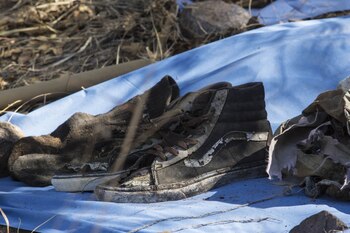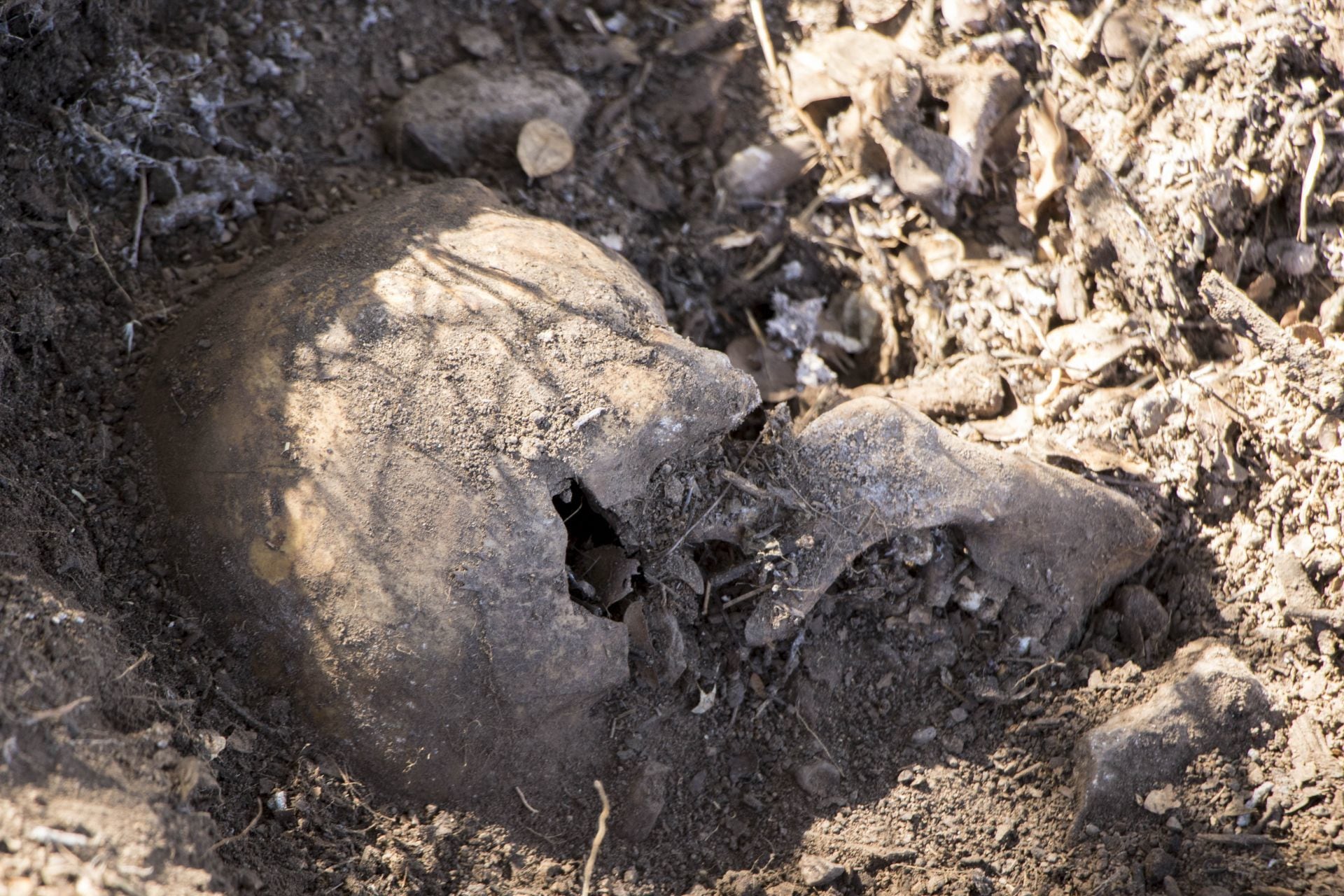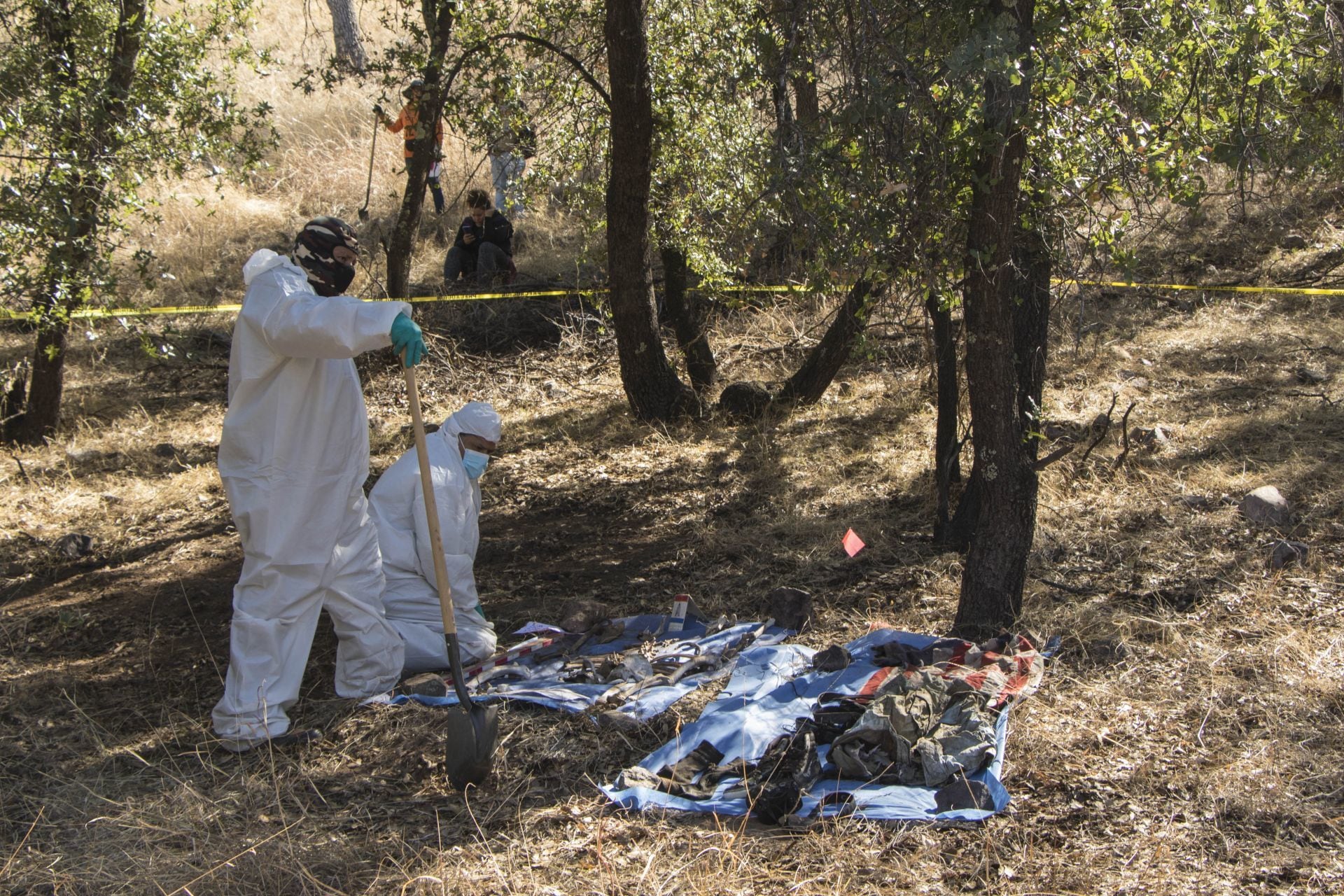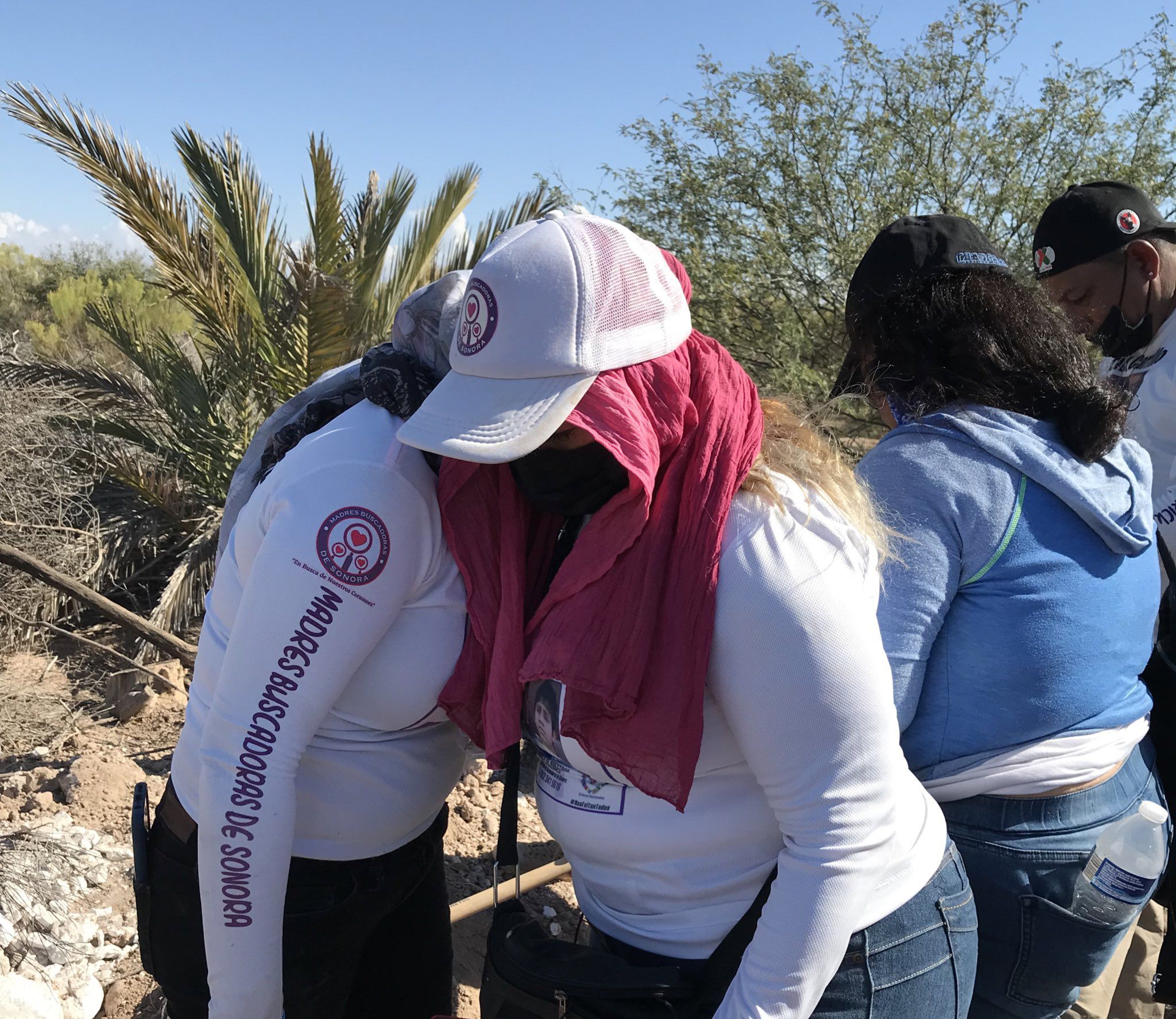
On March 26, it was the third day of the Meeting of Social Movements in Sonora, in which the collective Mothers Seekers of Sonora participated, a group created in 2019 and which today has almost two thousand women looking for their families. During the meeting, the seekers narrated their experience about the disappearances of their relatives and denounced the indifference that exists on the part of the State, while calling for support to children who have been orphaned after their parents disappeared.
“Being with some children who question you and ask you, when is their dad coming back, why their dad abandoned them or left with another woman, because their dad no longer buys them gifts at Christmas, or doesn't call them, it's very painful for me, and for all the moms who suffer from this, for all those grandmothers who stayed with their grandchildren because they took the father, to the mother or both” said Cecy Flores with her voice in a thread.
Cecy is president and founder of the group, a mother who once found herself looking for her three children. He managed to recover one alive, of the other two there is no trace. Since then she has dedicated herself to helping other families who, like her, continue to investigate to find the whereabouts of those who were taken from them.
“The children of the disappeared are not helped by anyone, I have never listened to an authority that cares about helping orphans, even though we have asked for it, there are children who do not even have who eat. We look for weight for weight to donate to moms who stayed with their children's children.” The children, as Cecy narrated, do not have any resources.

Although there is no number that specifies how many children there are under these circumstances, it is known that in Mexico, organized crime in different forms has left more than 30,000 children orphaned, according to data provided by the National Human Rights Commission in 2019.
“I hope they don't look at children the way they look at parents, as if they don't exist,” he said. Likewise, the search group assured that within its collective, there are many girls and boys who have lost their parents and that this is replicated in all the states where there are missing persons. These children experience not only the absence of their father figures but also the family disintegration and the stage in which they live:
“I remember the case of a companion, whose son asked if he was in the mountains looking for his daddy, how is it that a little boy's childhood is changed? instead of enjoying the carts, the games, he has been asking her about her dad” say the members of the group.
“It's unfortunate for us to find our missing people in just a fist of bones to think that fist of bones was your son destroys you,” Cecy said.
Even so, Cecy said in front of the microphone that all she wants is to find her son: “Like this one, although he is in a fist of bones like the ones we have found, as are burned bodies, I want to find my son and I don't have the support.”
That is why mothers have demanded that the authorities take responsibility and provide them with support, “we do the work that falls to them”, they repeatedly denounce. March 23 was no exception, and they emphasized the urgency of applying DNA tests on already 803 bodies found in mass graves, since without their identification, there is no way for them to be located by their families.

It should be added that in 2021, the deputy secretary of human rights, Alejandro Encinas, acknowledged that Mexico is experiencing a forensic crisis and that until that time there were 52,000 unidentified bodies in the country's mass graves.
That is why multiple NGOs and search groups have called on family members to join in contributing to the DNA databases of the National Data Bank.
On the other hand, Liliana López, another member of the collective Mothers Buscadores de Sonora, added that there is an urgent need to talk about forced disappearance as an issue that should matter to society as a whole.
His brother was the victim of this crime, his mother died waiting to find clues on his trail, Liliana inherited the search work under the promise of finding him. “In Sonora we have 833 mass graves. Those statistics are only from 2019 to 2021,” Liliana said.

And it is that to this day, according to their records, more than 900 people have been found in clandestine graves and more than 700 located alive. It should be added that in 2020 alone, the Government of Mexico reported the location of 559 clandestine graves in the country, in which 1,086 bodies were recovered.
It should be added that in addition to the implications of the disappearance of a loved one, women have also made various complaints about the violence they experience as seekers. “The only response we have received from the authorities is to be displaced,” they say.
I don't want to be another statistic of moms who have died looking for their children, I want to continue standing, helping, assured Cecy, who reiterated that there is no longer any doubt that what seeking mothers do harms the State. “It doesn't hurt the cartels, we have no doubt anymore, (...) because they are the ones who question us, they are the ones who criticize us, they are the ones who revictimize us, and they are the ones who have displaced us.”
KEEP READING:
Últimas Noticias
Debanhi Escobar: they secured the motel where she was found lifeless in a cistern
Members of the Specialized Prosecutor's Office in Nuevo León secured the Nueva Castilla Motel as part of the investigations into the case

The oldest person in the world died at the age of 119
Kane Tanaka lived in Japan. She was born six months earlier than George Orwell, the same year that the Wright brothers first flew, and Marie Curie became the first woman to win a Nobel Prize

Macabre find in CDMX: they left a body bagged and tied in a taxi
The body was left in the back seats of the car. It was covered with black bags and tied with industrial tape
The eagles of America will face Manchester City in a duel of legends. Here are the details
The top Mexican football champion will play a match with Pep Guardiola's squad in the Lone Star Cup

Why is it good to bring dogs out to know the world when they are puppies
A so-called protection against the spread of diseases threatens the integral development of dogs




